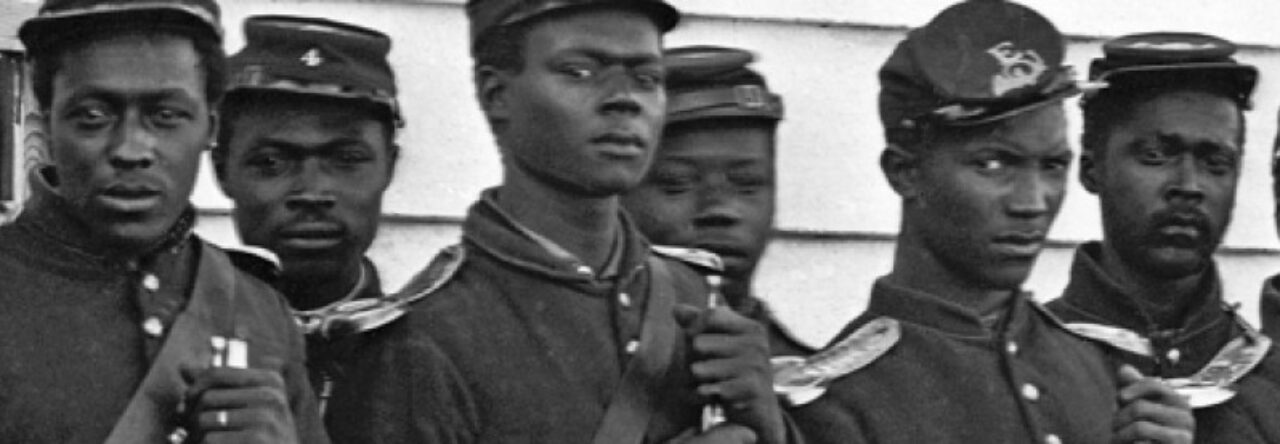Yesterday, I had to take a necessary journey from Michigan to my 95 year old Mom’s home in Richmond , Virginia. I lamented that I was unable to hear yesterday’s lecture and attend yesterday’s on line class. To my great surprise, this a.m., as I picked up the Richmond Times Newspaper, I discovered a daily column – entitled ” From the page of the Daily Dispatch on today’s date in 1862″ . The paper is running a column detailing an article to the corresponding day in 1862 .Content can be gleaned simply by logging on to TimesDispatch.com( search Civil War). Interesting reading
Author: jmklax
While reading For Cause and Comrades , the issue of social class and education was raised to which McPherson states the correlation ” should not be discounted”. Implied is that those with a better education and higher social status tended to be better fighters and not skulkers. And yet, after the initial flag waving excitement of the initial call -up for war passed, the armies of both sides were left to fill their ranks by conscription and/or the use substitutes (McPherson does note that the middle class Irish and Scotch/Irish brigades of the famed Irish Brigade and Louisiana Tigers should give one pause). In the struggle to understand the necessity and the accompanying brutality of war it is fascinating to consider that correlation. Moreover, it seems to call into question F. Douglass’ comment read in this morning’s discussion about the benefit of enlisting former slaves in the cause- many of whom were not educated, nor possessing tangible social status on either side.
Was Douglass wrong?
Is McPherson wrong in suggesting that the correlation existed?
Rich man’s war – poor man’s fight –
To this traditional are we asked to add… smart man’s victory?
 In today’s lecture, we learned that Brown met Douglass in Detroit after the successful Missouri excursion(freeing some 11 slaves into Canada) that was “without the snapping of a gun on either side”. Earlier in their careers, the men met in November of 1847, in Springfield Massachusetts, wherein Brown explained his plans for the southern invasion and the Subterranean Pass Way. The plan was to utilize an armed force of blacks based in the mountains to attack slavery with Douglass. “My plan then is to take at first about twenty-five picked men, and begin on a small scale; supply them arms and ammunition, post them in squads of fives on a line of twenty-five miles, the most persuasive and judicious of whom shall go down to the fields from time to time, as opportunity offers, and induce the slaves to join them, seeking and selecting the most restless and daring.”
In today’s lecture, we learned that Brown met Douglass in Detroit after the successful Missouri excursion(freeing some 11 slaves into Canada) that was “without the snapping of a gun on either side”. Earlier in their careers, the men met in November of 1847, in Springfield Massachusetts, wherein Brown explained his plans for the southern invasion and the Subterranean Pass Way. The plan was to utilize an armed force of blacks based in the mountains to attack slavery with Douglass. “My plan then is to take at first about twenty-five picked men, and begin on a small scale; supply them arms and ammunition, post them in squads of fives on a line of twenty-five miles, the most persuasive and judicious of whom shall go down to the fields from time to time, as opportunity offers, and induce the slaves to join them, seeking and selecting the most restless and daring.”
